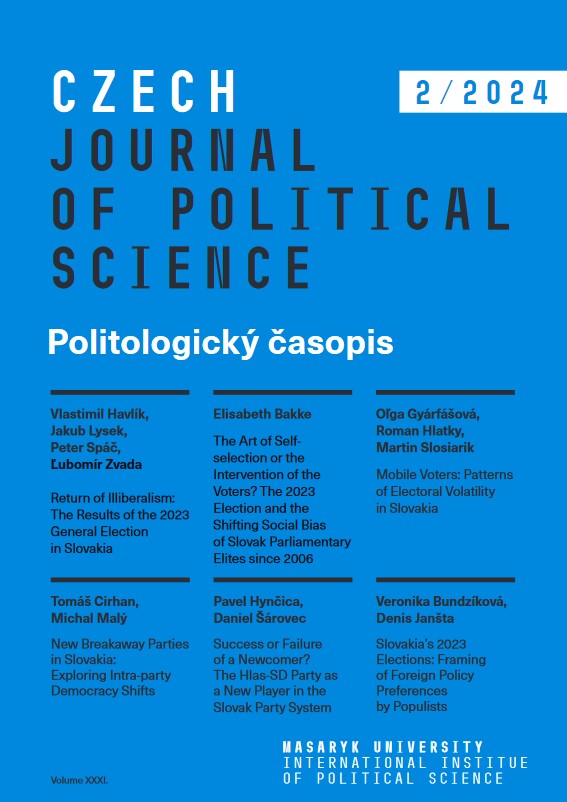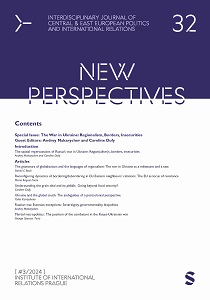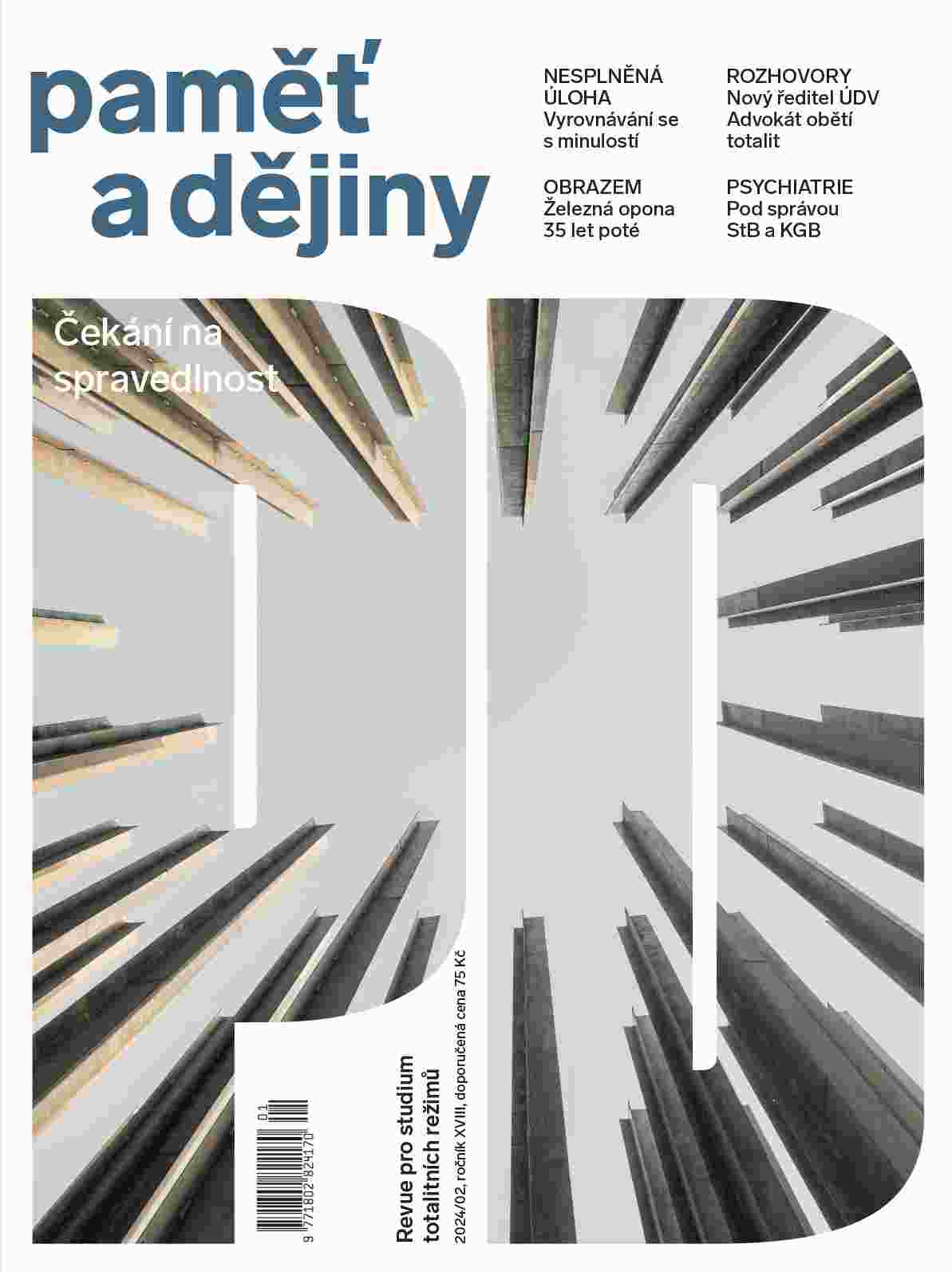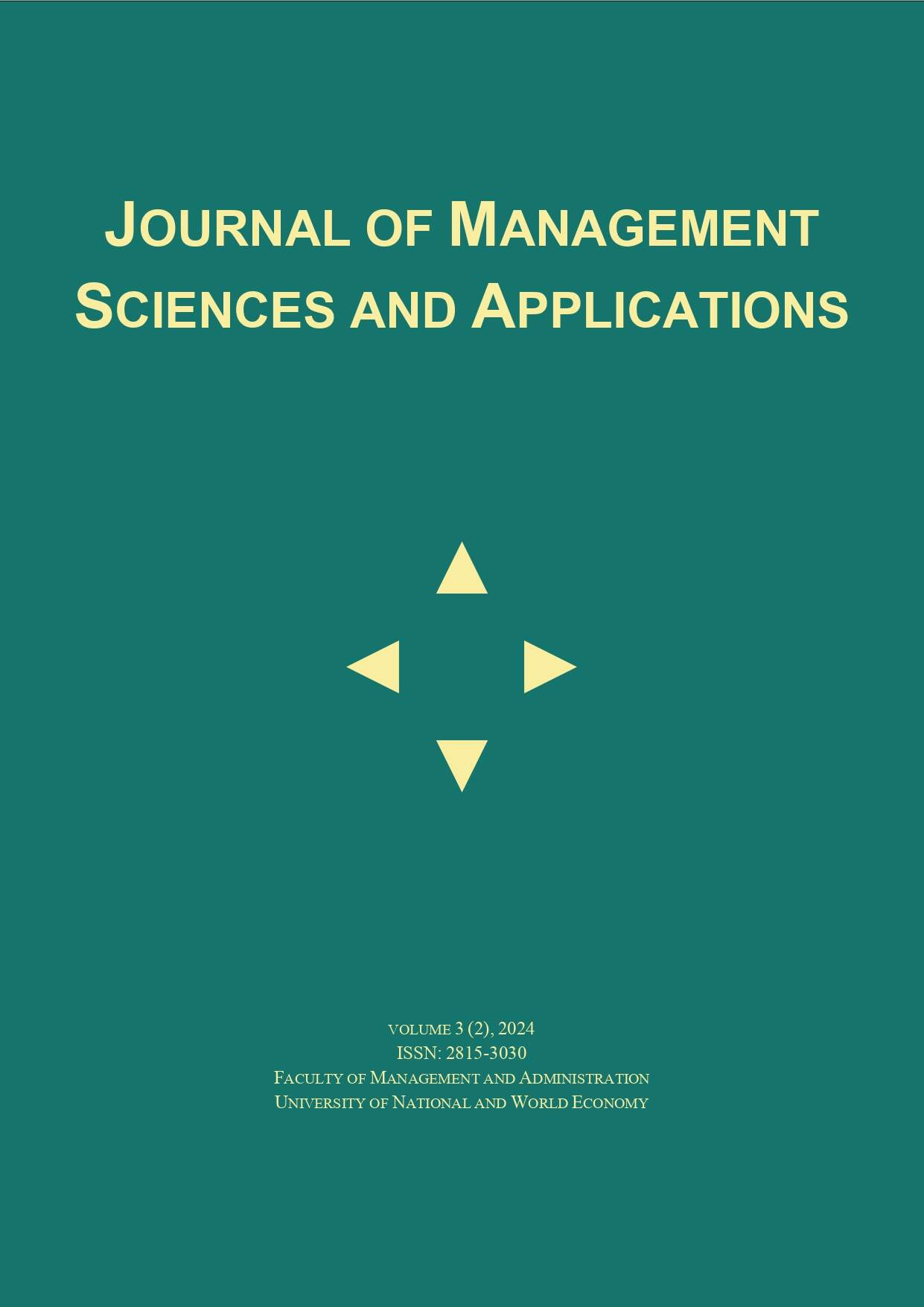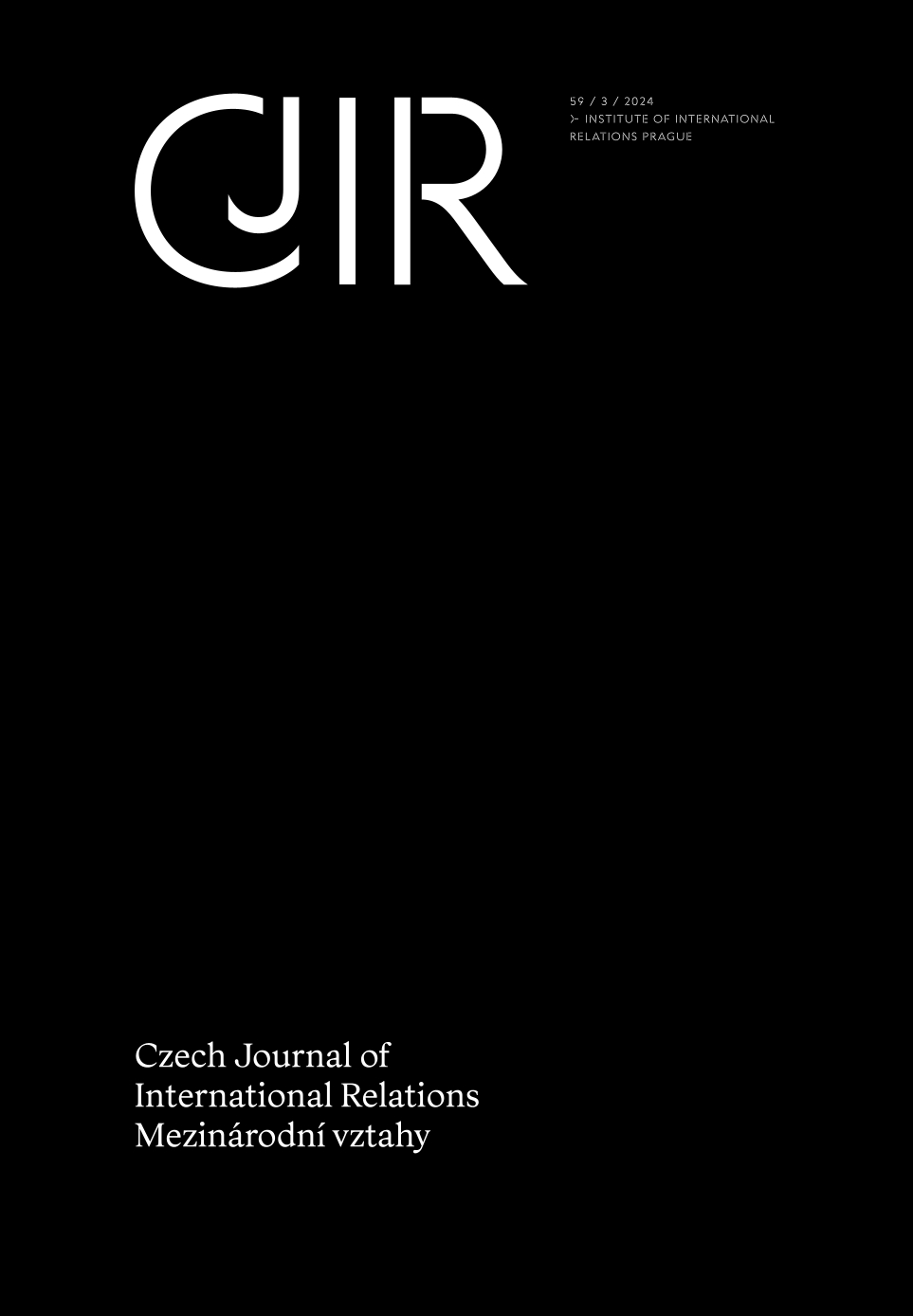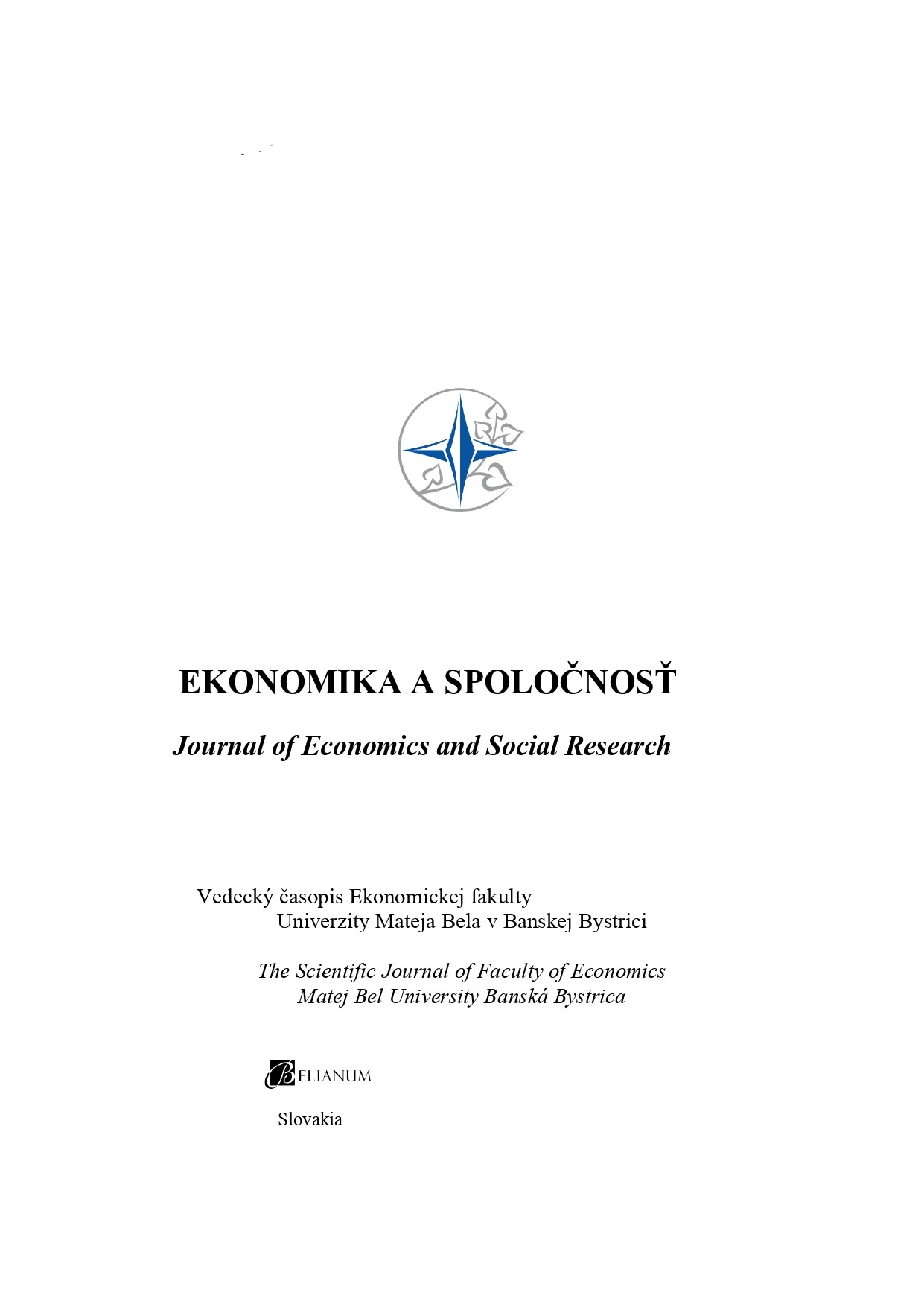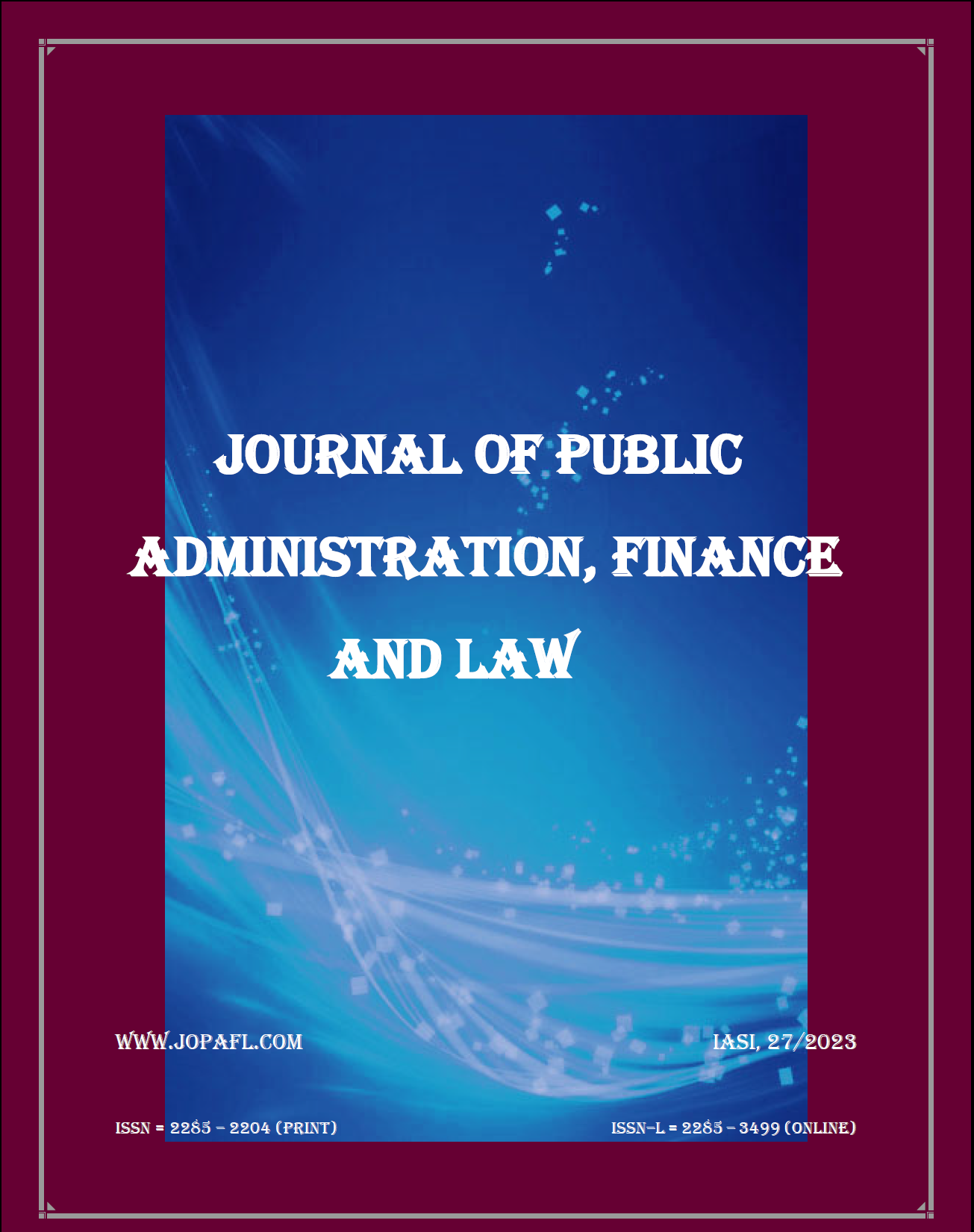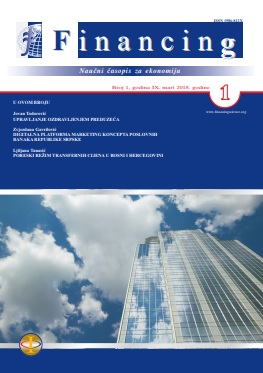
Komparativna analiza ekonomskog razvoja i kvaliteta života u zemljama regiona u odnosu na odabrane zemlje Evropske unije
The aim of this paper is to determine how far the countries of the region (Albania, Bosnia and Herzegovina, Montenegro, North Macedonia and Serbia) lag behind from the youngest members of the European Union (Croatia, Bulgaria, Romania), as well as from the countries that gained membership in 2004, which are often called the countries of New Europe (Czech Republic, Hungary, Poland, Slovenia, Slovakia, Estonia, Lithuania and Latvia) according to the economic standard measured by some of the macroeconomic aggregates. Gross domestic product or gross national income per capita are usually used as a measure of economic development, but in this paper we used GDP per capita at purchasing power parity because this indicator takes into account the price level and is the only comparable GDP per capita. countries. We used the human development index as a measure of quality of life. The comparative analysis showed that the countries of the region lag significantly behind the youngest members of the European Union and the countries of New Europe according to the indicator of economic development, and that the gap between the countries of the region and the countries of the European Union is not decreasing to a significant extent. The analysis also showed that the quality of life measured by the human development index in the countries of the region is significantly lower than in the countries of the European Union, but that the countries of the region catch up with the countries of the European Union to a greater extent according to this indicator.
More...
